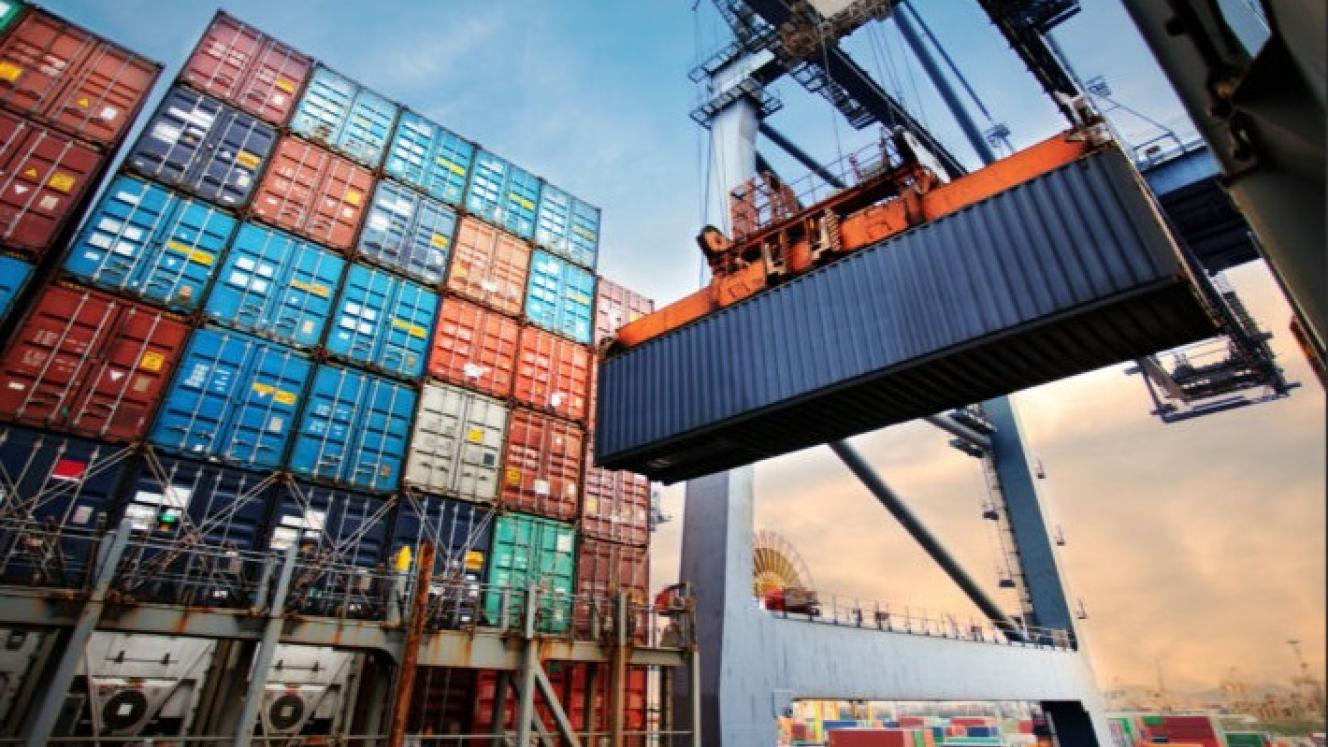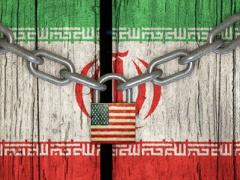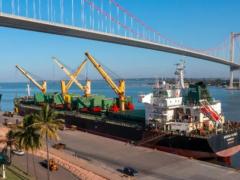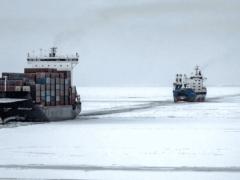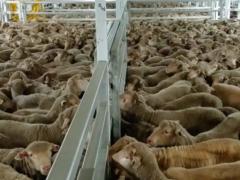In the last year the department of trade and industry (dti) battle against the flood of ultra-cheap imports of textiles and fabrics from China and other Asian sources has made some progress, according to Brian Brink of the SA Textile Federation. The reference pricing, which allows Customs to stop any products declared below those reference prices, has certainly helped in the fight, he added. And the fact that some adjustments have been made to accommodate the changing exchange rates has also been a benefit. “We report problems as we see them,” Brink told FTW, and they are acted on – although it does take time. “But we’ve definitely seen some improvement.” One such recent case proves this dti-textile industry agreement. Said Brink: “We reported a recent issue of cheap blankets coming in from Lesotho. But Lesotho has no blanket-making facilities, and it was obviously some smart-alec trying to evade the source of origin rules. But this has now been remedied.” Another area of some concern to the federation is the expiry of the current African Growth and Opportunity Act (Agoa) at the end of September. “A bill is due to go before the US Congress and senate later this month,” said Brink, “extending Agoa for another 10 years. “But the poultry antidumping duty in this country is a possible stumbling block to SA’s continued membership of Agoa. Two senators from chicken-producing states have decided to play a bit of tit-fortat – demanding that we drop the duty or face exclusion from Agoa. “Although discussions have been held between the two countries’ poultry bodies, an agreement would have to be reached in the next week or so, and both bodies now seem to be taking a hard line on the issues. So it’s all up in the air, and there is a bit of uncertainty about this.” And the problem as Brink sees it is that, if Agoa goes so does the general system of preferences (GSP), which gives reduced US import duties to a whole host of SA exports not subject to Agoa. “So we think it’s up to the government to decide how to find a settlement,” he said. “But one that balances the needs of the poultry industry against those of the auto industry – which exports billions to the US.
